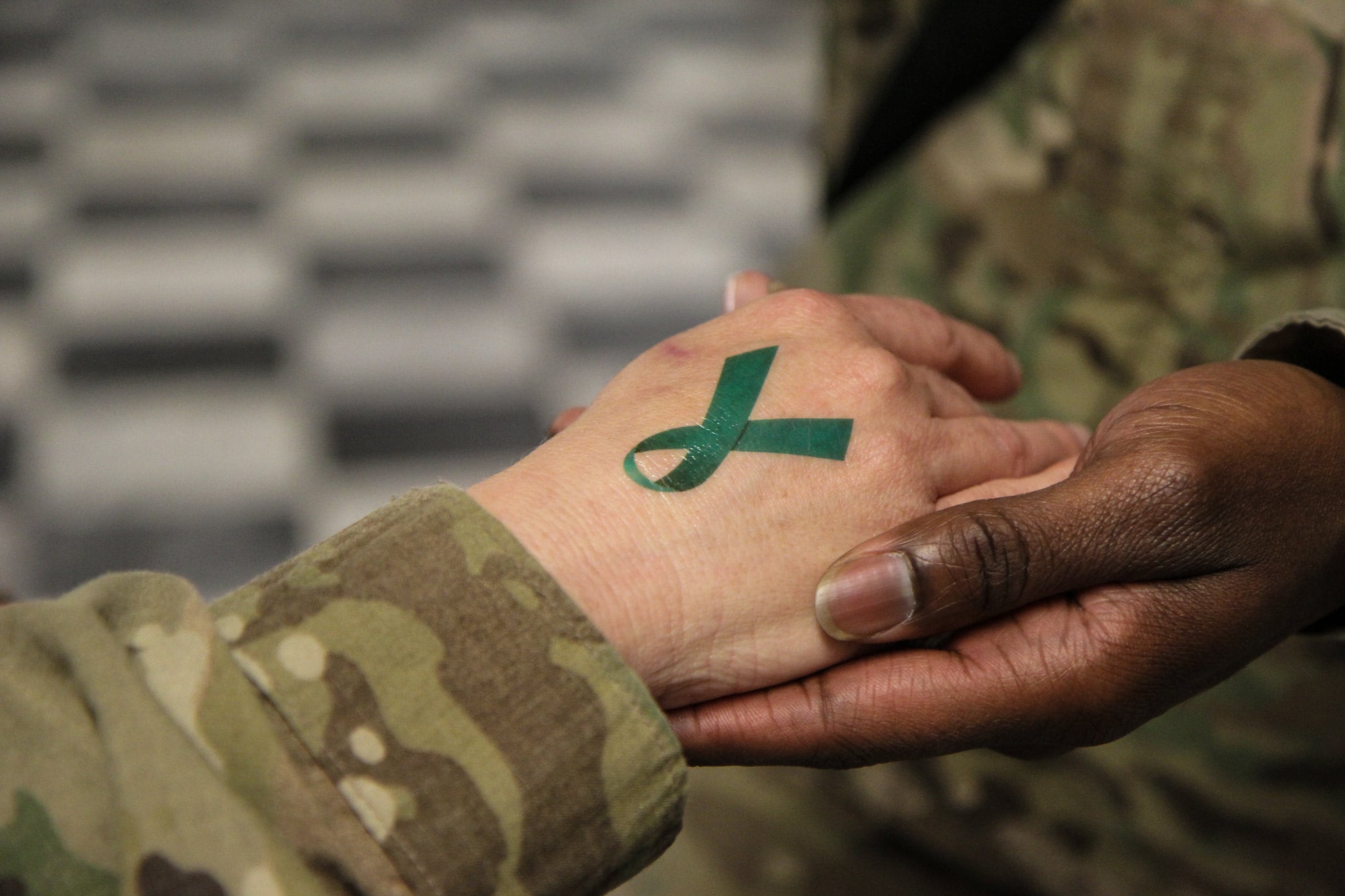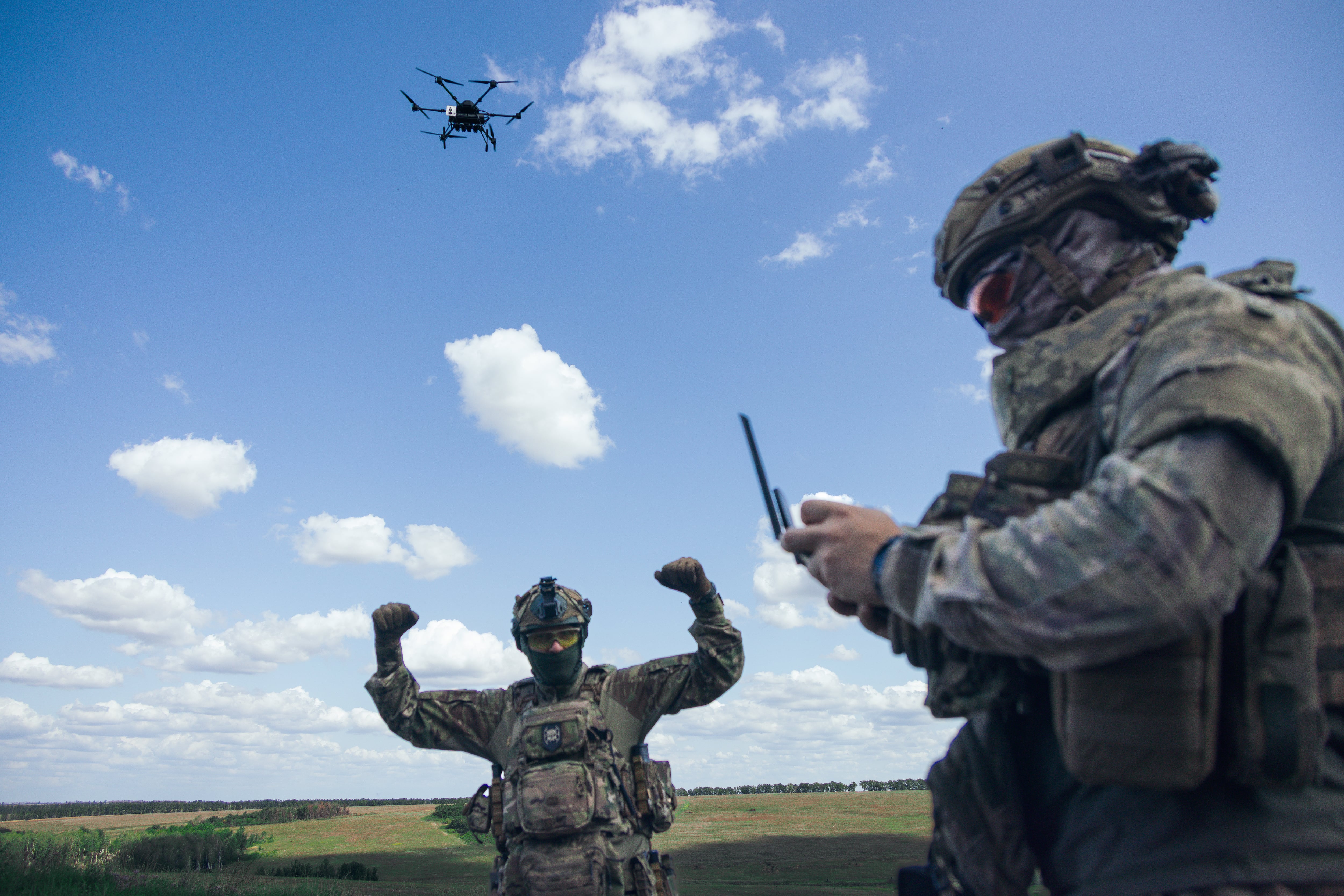I’m an American airman, wingman, leader, warrior. These words are instilled into every airman who marches down the bomb run at the end of Basic Military Training at Lackland Air Force Base, Texas. They come from the Airman’s Creed and symbolizes a responsibility and commitment not only to the nation they serve, but to each other as airmen. In 2012, I marched down the bomb run and recited those same words, and they couldn’t have been more impactful on my eight years in the Air Force.
Coming from a more rural upbringing, serving on active duty taught me culture, diversity and, most importantly, inclusion. The culture of diversity and acceptance within the Air Force and military in general inspired me to serve openly; a decision welcomed and embraced by my supervisors. These lessons of inclusion didn’t just come from my base or squadron, but from the highest offices in the Pentagon. Serving under the first openly gay undersecretary and later acting secretary of the Air Force was empowering and reaffirmed a sense of belonging.
After transferring to the Air National Guard, the biggest challenge I found in being an American airman wasn’t the airman part, but being American. Being an openly serving airman in a Guard unit located in a more conservative area comes with its challenges and can make one feel outnumbered. The sense of family found on active duty appeared to be replaced by politically charged workplace discussions that went as far as questioning the very patriotism and loyalty of liberal-minded Americans — American’s like me.
Having served two tours in the Middle East, including Afghanistan, I found my allegiance to America being openly questioned by my fellow airmen around me. “Make America Great Again” merchandise was proudly displayed in the office in one past instance. But most alarmingly, I was pressured by my supervisor to not report misconduct to outside officials, such as the inspector general or Equal Opportunity. The “what happens here, stays here” rule seemed to apply even toward misconduct that clearly violated Air Force and DoD policy.
The culture I had found myself in was not only focused on far-right politics, but on my own sexuality. It was apparent after first arriving that I was the first openly serving airman they’ve had in the office. While I was overall accepted to a certain point, for some that acceptance was contingent on myself being subjected to workplace comments that cross into sexual harassment. When I did finally speak out, that conditional acceptance ended abruptly as I had imagined it would. I felt as if it was a price of admission for social inclusion, and when I stopped paying, that social inclusion was no more. My final months in the Air National Guard were isolating and filled with anxiety.
This year alone, the California, Wisconsin, and Pennsylvania Air National Guards, along with the Florida Army National Guard, have been plagued by reports of misconduct ranging from widespread sexual harassment to unlawful retaliation against whistleblowers. The incidents in California and Wisconsin have since lead to the removal of those commanders along with the wing commanders under them. In a recent article on the widespread misconduct, the Military Times labeled the National Guard as an “an organization struggling to hold its people accountable.” The experiences shared by myself and others are not isolated incidents, but a larger culture trend within the Air National Guard.
RELATED

The Air Force overall, however, has made strides in diversity and inclusion to ensure it reflects the nation it serves. The Air National Guard must look toward the larger culture trend within the Air Force and do the same. Regardless of what state or community Air Guardsman serve, they are first and foremost airmen in the United States Air Force. If we cannot foster an environment of dignity and respect for all who serve, we are not upholding our obligation and title as American airmen.
But changing this culture doesn’t start at the top, but at the airman-to-airman level. It starts with being a wingman to one another and speaking up when you see conduct that disparages a fellow airman. Being a wingman also means being an ally and advocate to LGBT airmen beside you. It is the individual duty we have all accepted upon becoming American airmen. The Air Force has made clear it is everyone’s responsibility, and the Air National Guard is no exception.
American airmen are exactly that, American. They exemplify American culture and diversity from Maine to Guam. When we begin questioning each other’s patriotism or sense of belonging, we tear at the very fabric of our uniform and the core values it represents. To each of us, being American may carry different meanings. For me personally, it means serving openly and unapologetically in uniform alongside other LGBT service members representing the vital role our community plays in America’s national defense. But regardless of differences, each of our perspectives on being American are valid and together define our cultural identity as a nation.
As we advocate and push for change as airmen past and present, be a wingman, be a leader and be a warrior. After all, we are American airmen.
Alan Werdehoff is a former Air Force senior airman and Afghanistan veteran. He currently is a nationally registered emergency medical technician and previously served as a communications intern for U.S. Sen. Tammy Duckworth in Chicago.
Editor’s note: This is an Op-Ed and as such, the opinions expressed are those of the author. If you would like to respond, or have an editorial of your own you would like to submit, please contact Military Times managing editor Howard Altman, haltman@militarytimes.com.





